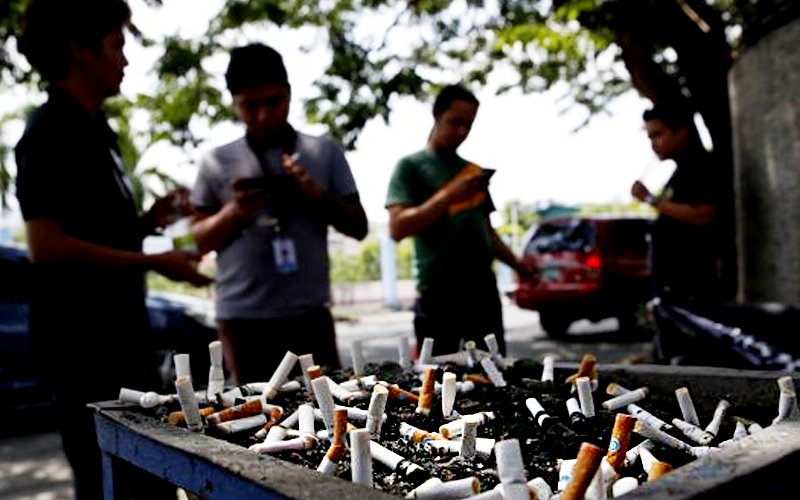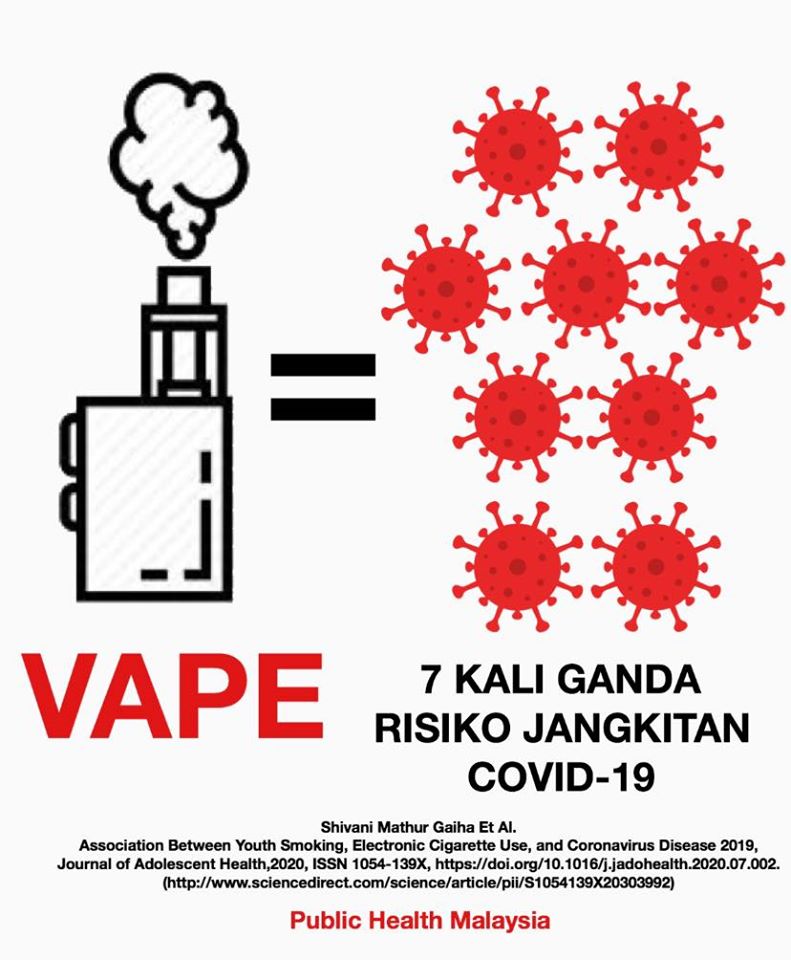Young Adults Who Vape Or Smoke Are 5 To 7 Times More Likely To Get COVID-19
"Young people may believe their age protects them from contracting the virus... but the data shows this isn't true among those who vape."
A new study has found that teenagers and young adults who smoke or vape have a higher risk of contracting COVID-19
Led by researchers from Stanford University in California, US, the study was published last Tuesday, 11 August, in the Journal of Adolescent Health.
They found that teens and young adults who vape are five times more likely to become infected by the coronavirus than those who do not use electronic cigarettes.
Those who both vape and smoke are seven times more likely to become infected.
The study also found that those who smoked or vaped in the past 30 days are most at risk of infection.
The study looked at 4,300 individuals between the ages of 13 and 24 across the United States through a nationwide survey in May
Based on the results, the Stanford researchers suggested that healthcare providers, parents, schools, community-based organisations, and policymakers should help to increase awareness among youth about smoking and COVID-19.
"Young people may believe their age protects them from contracting the virus or that they will not experience symptoms of COVID-19, but the data shows this isn't true among those who vape," said the study's lead author, Shivani Mathur Gaiha, according to USA Today.
Malaysian experts have also previously weighed in on the matter and said that those who smoke or vape have a higher chance of getting infected by COVID-19
Not only that, but they said this group of people will also easily contribute to the spread of the coronavirus as well as develop more severe illness if they do get infected.
In an interview with CodeBlue in April, respiratory physician Dr Helmy Haja Mydin said the frequent hand-to-mouth movements while smoking and vaping, and the impact of smoking on lung function and the immune system contribute to these risks.
Dr Helmy also highlighted other forms of smoking, such as shisha, which is usually done in a group with a single mouthpiece and hose shared between multiple users.
"The equipment used, the lack of hygiene, and the small physical space between users all increase the risk of transmission of infections," he said.
Dr Helmy suggested that smokers use the current opportunity of being away from societal settings and pressure during the pandemic to quit smoking, and also recommended nicotine replacement therapy and psychological support to increase a person's chances of kicking the habit.


